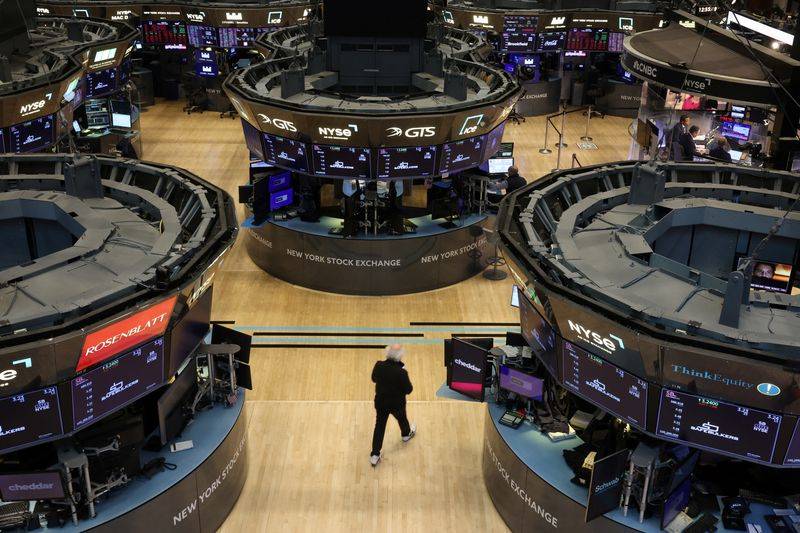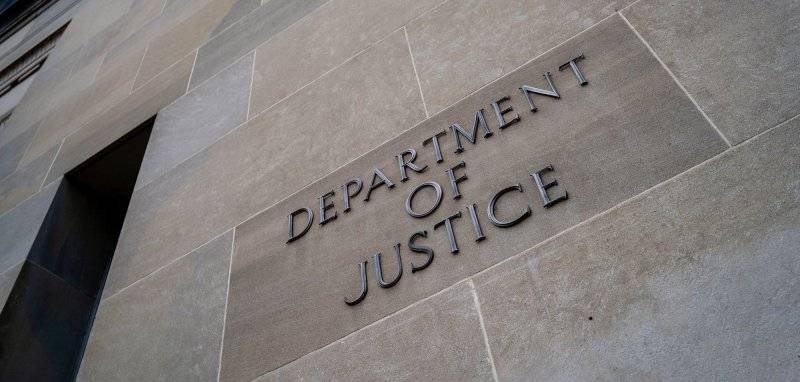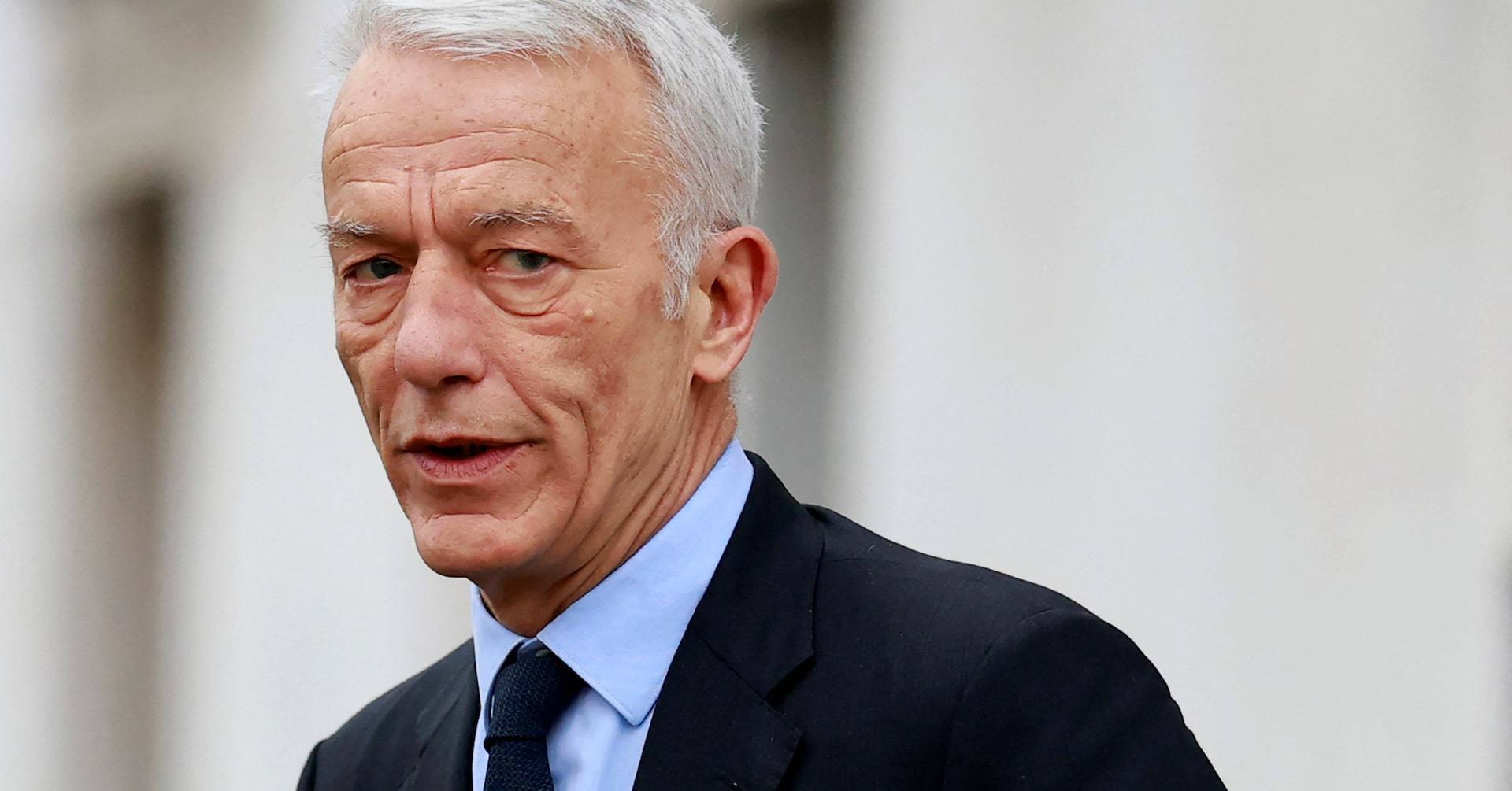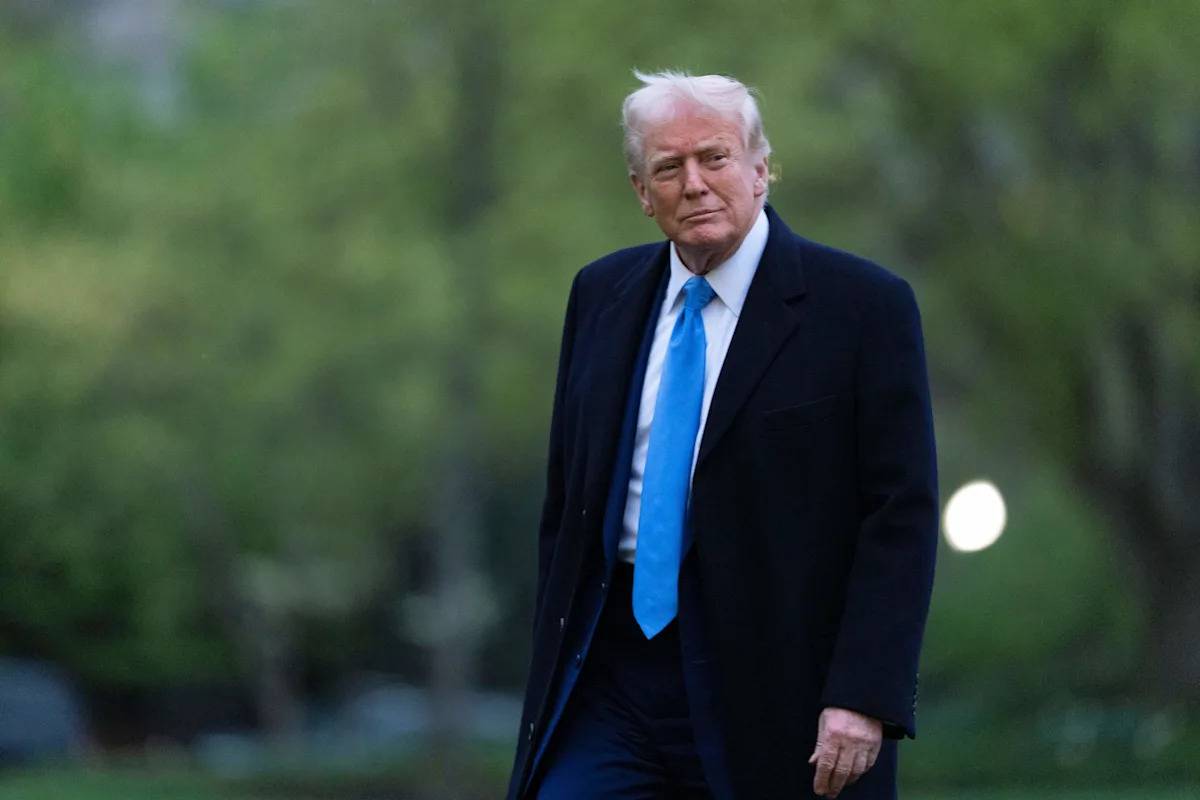Market Turbulence Amid Trade War Fears
The financial markets are experiencing significant turbulence as fears over an escalating trade war intensify. Recent announcements by President Donald Trump have introduced sweeping tariffs, which are causing widespread concern on Wall Street. The tariffs, effective as of April 5, include a 10% universal import tariff and higher rates on goods from countries like China and Japan.
Stock Market Response
The response in the stock market has been dramatic. U.S. stock index futures have dropped sharply, with the S&P 500 futures falling by approximately 4.5% and the Nasdaq 100 futures plummeting about 5.5%. The Dow Jones futures also suffered a significant decline. These movements signal a heightened risk aversion among investors, who are beginning to fear a scenario akin to “Black Monday” of 1987, when global markets witnessed a massive crash.
Economic Implications
The tariffs are part of Trump’s strategy to address trade deficits with major partners, including China and the European Union. However, economists argue that such measures could lead to higher prices and reduced consumer spending, contributing to a potential stagflation scenario. Concerns are also rising about the long-term economic impact, with some experts pointing out that if these tariffs remain in place, the equity market could experience even sharper declines.
Federal Reserve Outlook
Federal Reserve Chairman Jerome Powell has noted that there is no immediate need to adjust interest rates, given the potential for trade policies to both increase inflation and slow economic growth. The Fed’s stance highlights the uncertainty and complexity of the current economic situation.
Recession Fears
Wall Street firms have increased their forecasts for a possible recession, with probabilities now ranging between 35% and 40%. These estimates reflect growing fears that the trade war could severely affect consumer and business confidence, despite administration officials suggesting that any short-term pain will lead to long-term benefits for Americans.
Global Reactions
In the midst of these developments, investors are watching closely for any signs of further escalation or potential reprisals from affected countries. China, for instance, has already retaliated with its own tariffs, further complicating the global economic landscape.
Further Reading
For a deeper understanding of these developments and their implications for the global economy, readers can explore more analysis on trade policies and their economic impacts at Epochedge Business or follow broader financial news updates at Epochedge News.
Conclusion
In conclusion, the trade war initiated by the Trump administration’s tariffs has set off alarm bells across financial markets. As investors navigate this volatile landscape, the ongoing trade tensions remain a key factor influencing market sentiments and economic forecasts.










